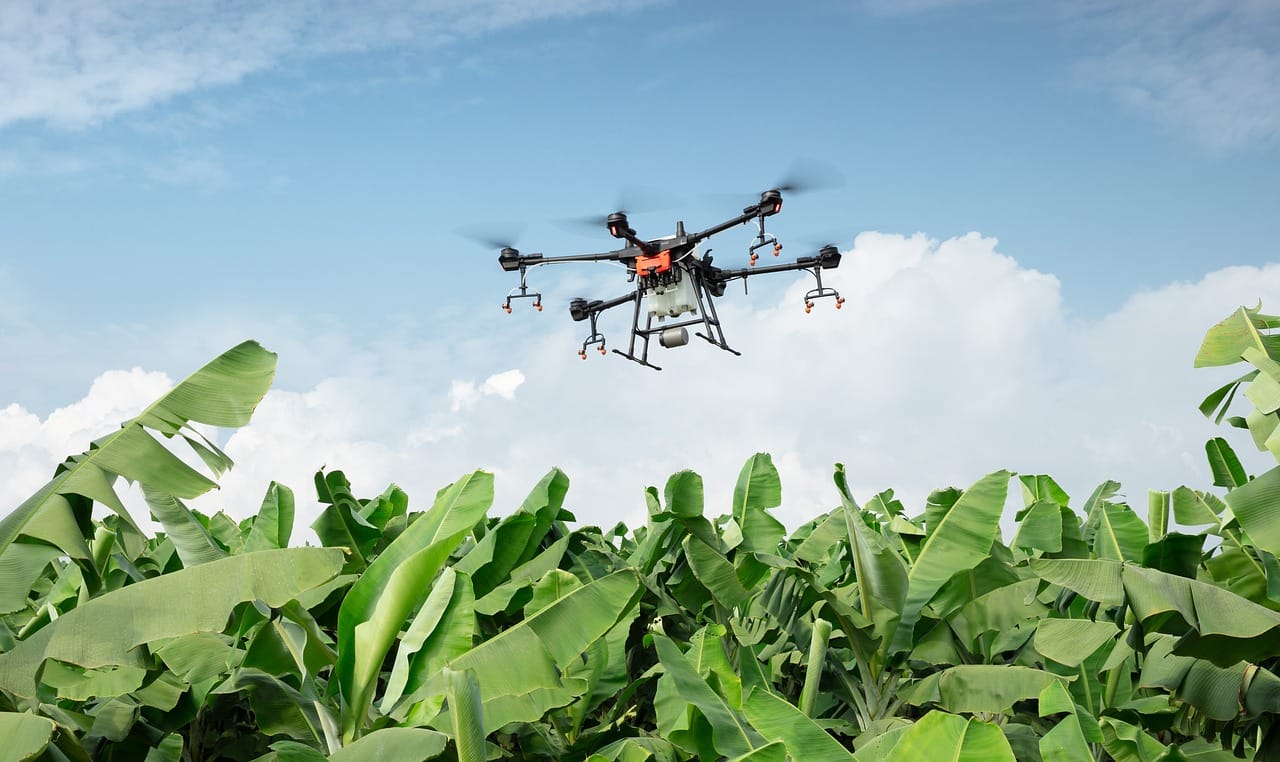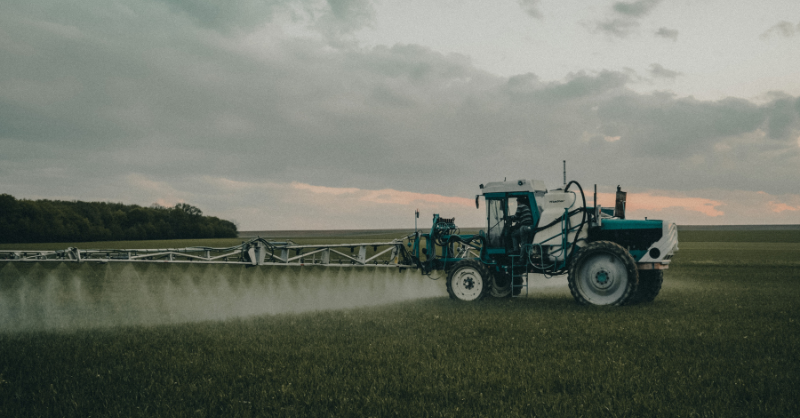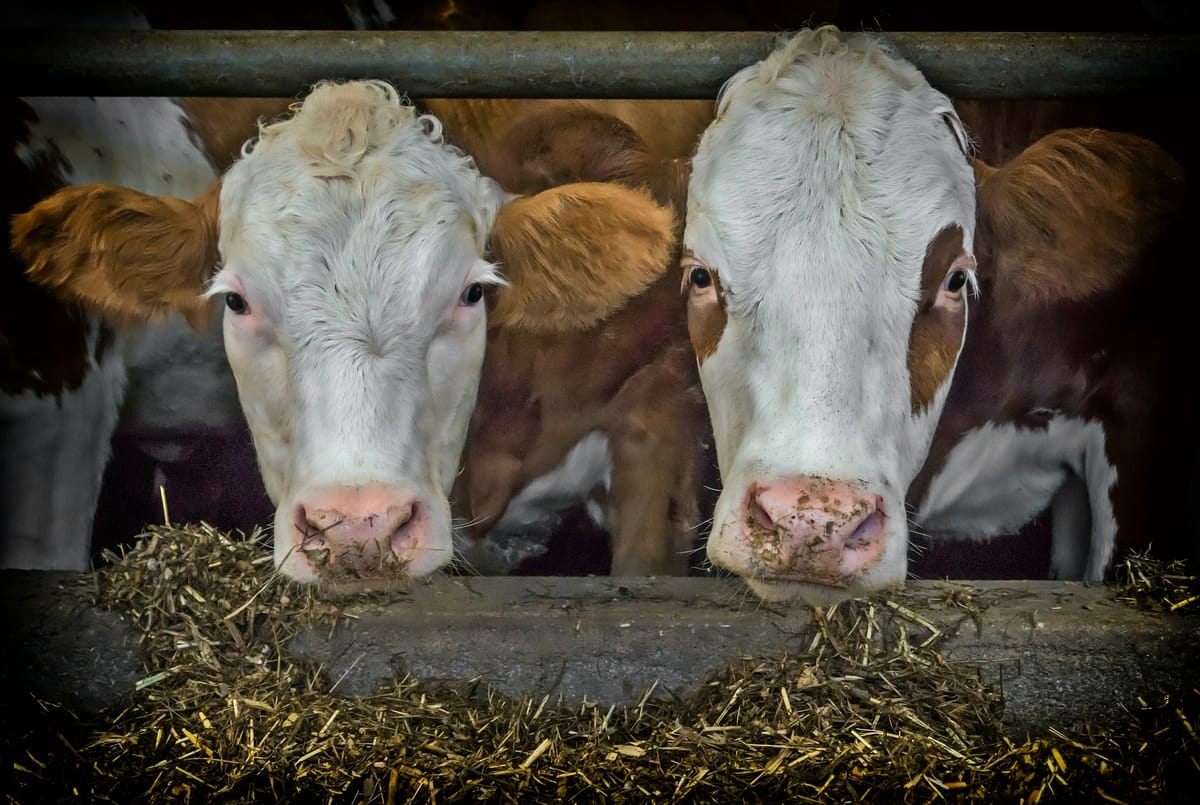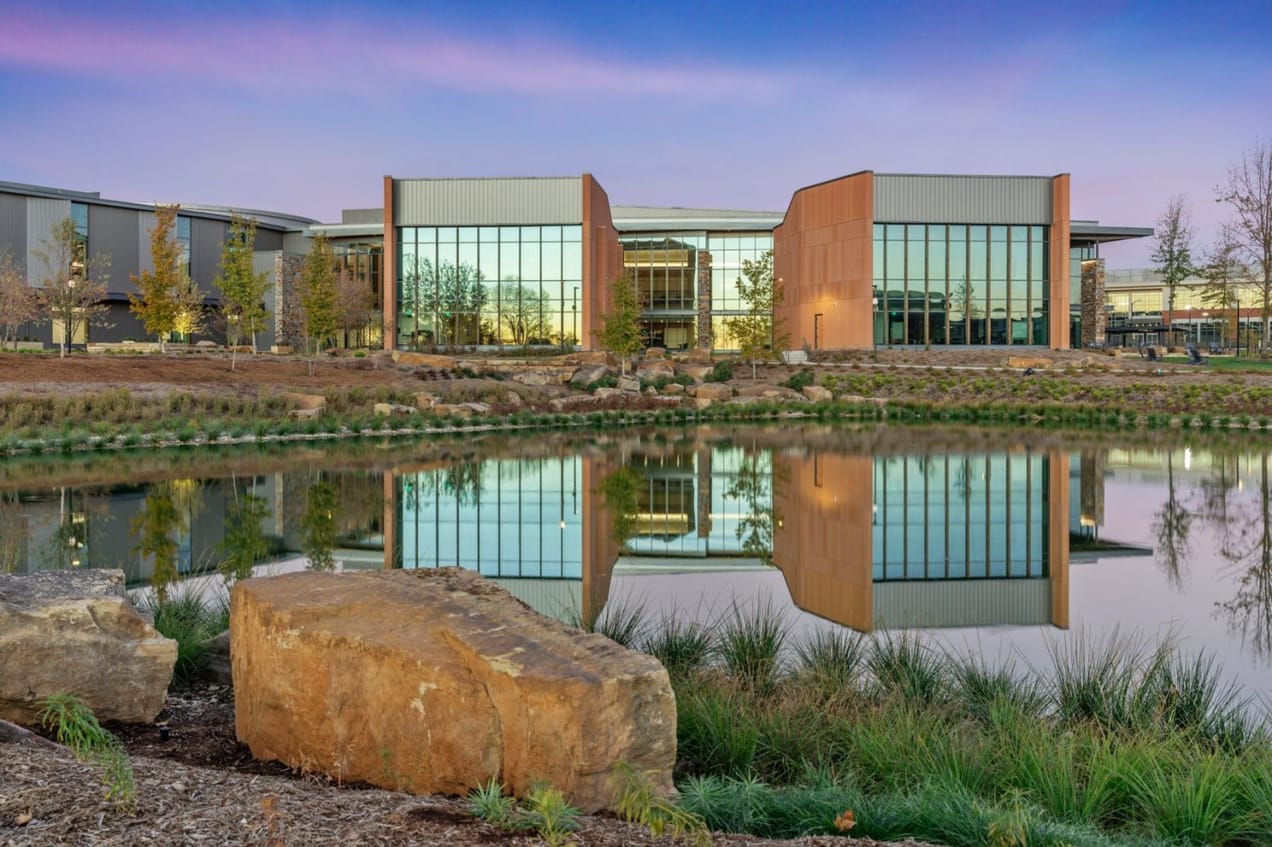
Electrification of agriculture
More than 130 countries signed a declaration at COP28 to accelerate action on transforming food systems to be more sustainable and tackle their impact on climate change. The Emirates Declaration on Sustainable Agriculture, Resilient Food Systems and Climate Action will require nations to include food emissions in their Nationally Determined Contributions - their action plans to tackle climate change.
According to the IPCC, global human-caused emissions from agriculture, forestry and other land use (AFOLU) represented 22% of the total in 2019. So it's an important area to address.
There are many approaches that range from minimising waste to changing our diets to changing the way in which automation and equipment are used - which in turn can influence the energy sources (and the GHG emissions) used.
Decarbonisation expert Michael Barnard published a really interesting article in Forbes focusing on that last point.
He categorises farm equipment into the following:
- Stationary equipment: for example milking equipment. This can be electrified - can be just be plugged in!
- Light utility vehicles: for example pick-up trucks, vans etc. There are plenty of battery electric options available.
- Airborne vehicles: drones, helicopters and airplanes will become increasingly useful for tasks previously carried out by crop dusters and tractors. For example, applying fertiliser, pesticides, fungicides and herbicides or gathering information for things like crop surveys. In addition, precision seeding can also be done using drones too. Given the short distances travelled these can also be readily electrified.
- Heavy farming equipment: This includes larger tractors and combine harvesters. Whilst these are large vehicles and necessary for bringing in the harvest, they will typically travel at slower speeds (25 miles per hour / 40 km per hour) and so, with current battery densities, they could easily operate during the day and charge overnight. John Deere, for example has committed to offering electric options for all of its smaller tractors by 2026.
When people think about decarbonising transportation, for ground transportation in particular, the solution is increasingly battery electric. The focus is typically on passenger transportation or cargo transportation so it can be easy to forget the large number of vehicles that move off-road in areas like farms.
There are other benefits of increasing electrification of farms including noise reduction and reduced maintenance.
Agriculture and natural capital is one of our four major themes that we write on and we have written a fair amount on food systems. Below are just two examples that are related to this article.
This one focuses on how using technology to be more precise in how we farm can improve yields 👇🏾

This one looks at how changing the way in which we feed livestock can have improve the the impact of farming on the environment, from what we feed them to how we feed them, including utilising drones in logistics 👇🏾

Bottom line: there is much we can do to improve the impact of agriculture on the environment and society ranging from changing the energy source of equipment and vehicles used to changing how we farm fundamentally.
This article featured in What Caught Our Eye, a weekly email featuring stories we found particularly interesting during the week and why. We also give our lateral thought on each one. What Caught our Eye is available to read in full by members.
If you are not a member yet, you can read What Caught Our Eye when it comes out direct in your email inbox plus all of our blogs in full...


Please read: important legal stuff.


